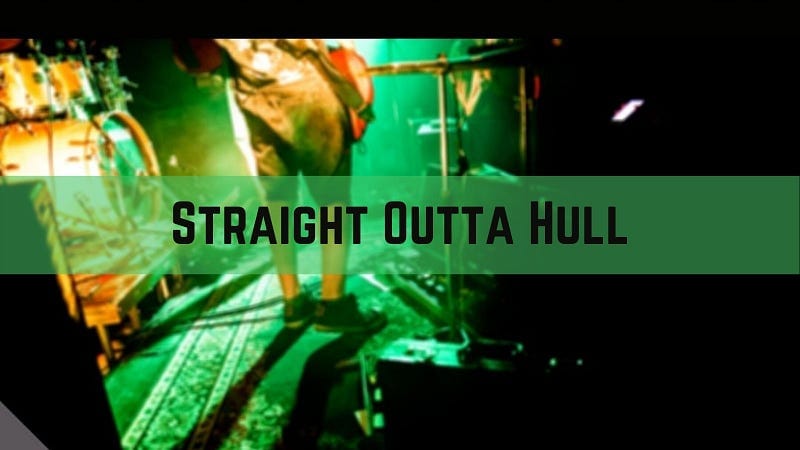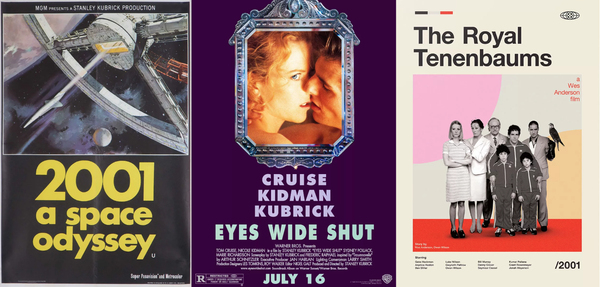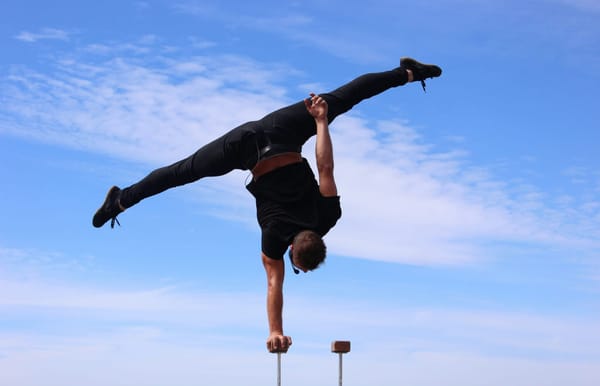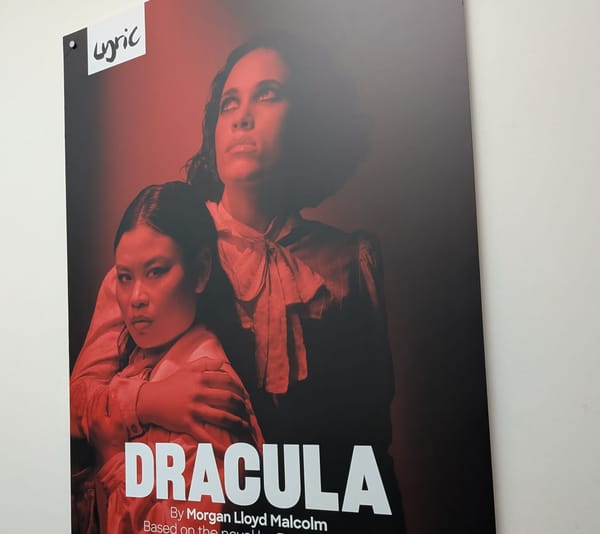Intro
This is more than one story. This is partly a story about music for anyone who knows where Hull is. No, it’s not. Partly, possibly. It’s…

This is more than one story. This is partly a story about music for anyone who knows where Hull is. No, it’s not. Partly, possibly. It’s partly a story about music. And the music of the 1980s, and what it became, what it led to, and how it died. You don’t need to have heard of Hull at all. If you have heard of Hull, this story will mean more to you than to the rest. If you lived in Hull, or live in Hull, or want to live in Hull, you probably already know somebody who lives there.
I can’t think of a single other reason to want to live in Hull. And I’m speaking as someone who lived there from 1976 to 1994. Someone who goes back several times a year and once owned a flat there. I can’t think of a single reason to give you that would make you want to live there. There aren’t any, but not for the reasons you might expect.
Isn’t it strange, then, that a man chose to live in Hull, almost on a whim? I’m not talking about Larkin. He had a good reason to go there: a job.
This man was called Paul. A nice name, not common now and not common in the 1960s and 1970s either. Pauls are in short supply. You have Paul McCartney and Paul Newman, of course. But single syllable names are not much fun. They can’t be shortened. People in Hull, in Anlaby, called me by my exotic surname and riffed around with that because Paul was so dull. Boys love nicknames and Paul can’t be made fun. Or funny.
To be called Paul singles you out. It has the whiff of the middle class about it. In Ever Decreasing Circles, a popular show from the time we are talking about, Paul was the aloof, arrogant posh twat who only Richard Briers’s wife fancies. He’s intelligent and good looking and fashionable. Paul was a Cambridge Blue, which means he was good at sport and possibly clever. Being both clever and good at sport, as you may already know, is unusual. To be called Paul on top of that is not good. To be working class and called Paul, well…
The Paul we are going to be talking about motored through Hull, liked the look of it and decided to move there with a few mates. It doesn’t seem to me that it was as quick as that. I’ve read stuff about it being near the seaside without being a seaside town. It had to be in the north, because Paul didn’t fit in the south. It had to be somewhere he hadn’t already lived. His family moved about a bit, so that wasn’t as easy for him as it would have been for me. So one way or another, Paul arrived in Hull. His attitude and personality are perfect for Hull. Acerbic, reactive, working class, sarcastic, perhaps cynical, too. Bitter before his time, with little reason, he settled into Hull very nicely.
While Paul was moving his stuff to Hull, I was learning to walk in Anlaby. Anlaby isn’t Hull, as anyone will tell you. But it’s not posh like Kirk Ella. Not like Willerby. These three places sit side by side to the west of Hull, before you get to Swanland, and up a bit from Hezzle. Never Hessle. Yet they have distinct personalities. In this, any big city is like London. One road along and you’re in the badlands. One road back and it’s millionaires row.
What Hull has, and had more of then, was pubs. And back then, in a time before wifi, pubs had pool tables, darts, juke boxes, fruit machines and live bands. Every single pub in every street had a jam night. More or less. Within a mile of any home you could turn up with a guitar (or even without a guitar) on one nominated night of the week and sing or play or shout or heckle in front of whoever was standing around the bar. I saw Thin Lizzie there once, at the Highway. Although it must have been a tribute act because Phil had already gone. I saw my friends play there too. I watched them because I’m tone deaf.
What I didn’t know then, of course, was that Hull would be a permanent fixture in my life. Although I was working hard at school with the express notion of getting out as painlessly as possible, others weren’t so lucky. If you weren’t heading for university, there was a real risk of becoming stuck in a town where the docks had closed and there wasn’t much manufacturing. Hull in the 1980s was a place to leave, not a place to arrive.
Music provided an escape from the day to day and, if you were one of the few, it might even provide a physical escape. It might possibly become a job. But not the kind of job that anyone in Hull had. A job where you could dictate terms, choose your hours, and see the world, all expenses paid. Get girls. Music was the university for those with the right talents.
Many Hull bands made an okay living playing in Yorkshire pubs and established a local following. They were properly good bands. But even fewer, the precious souls, hit the big time. Starting with David Whitfield after the war, Hull was also a stomping ground for Mick Ronson, who later toured the world with Bowie. It was home to Roland Gift, the punk who started Fine Young Cannibals and made it in America. It was the home, for the university years, of Everything But The Girl. It was the home of Scarlet. The band behind Sade were mainly from Hull. Joe Longthorne too. Every genre was represented. Every ear could find something to listen to out of that mob.
But Paul spoke to me. When he formed the Housemartins, I was too young to understand Caravan of Love and ignored it. Duran Duran and Dire Straits were calling me. But when Happy Hour came out, boy. That song never ages. Anyone who could produce Happy Hour was my kind of band. And when the Housemartins imploded, all too soon, incredible though it sounds today, an even bigger band replaced it. The Beautiful South, the very name ironic, the music light and airy concealing words which were dark and true. This was my kind of thing. This was Larkin with a guitar and piano. This was Hull.
I never found a way to write about Hull until now. I hope that you enjoy this podcast. We’re planning six episodes, and we hope to get some interviews with the people mentioned. Will they talk to us? Probably, if we can find our way to the Mainbrace pub on Beverley Road. Someone will talk.
But they might not. So we must venture out alone, onto the wet slippery cobbles of the Old Town. Hull is not what you think it is. And it isn’t where you think it is. Remember, remember. Guy Fawkes planned his activities in the Old Town pubs of Hull. And that tells you all you need to know.





